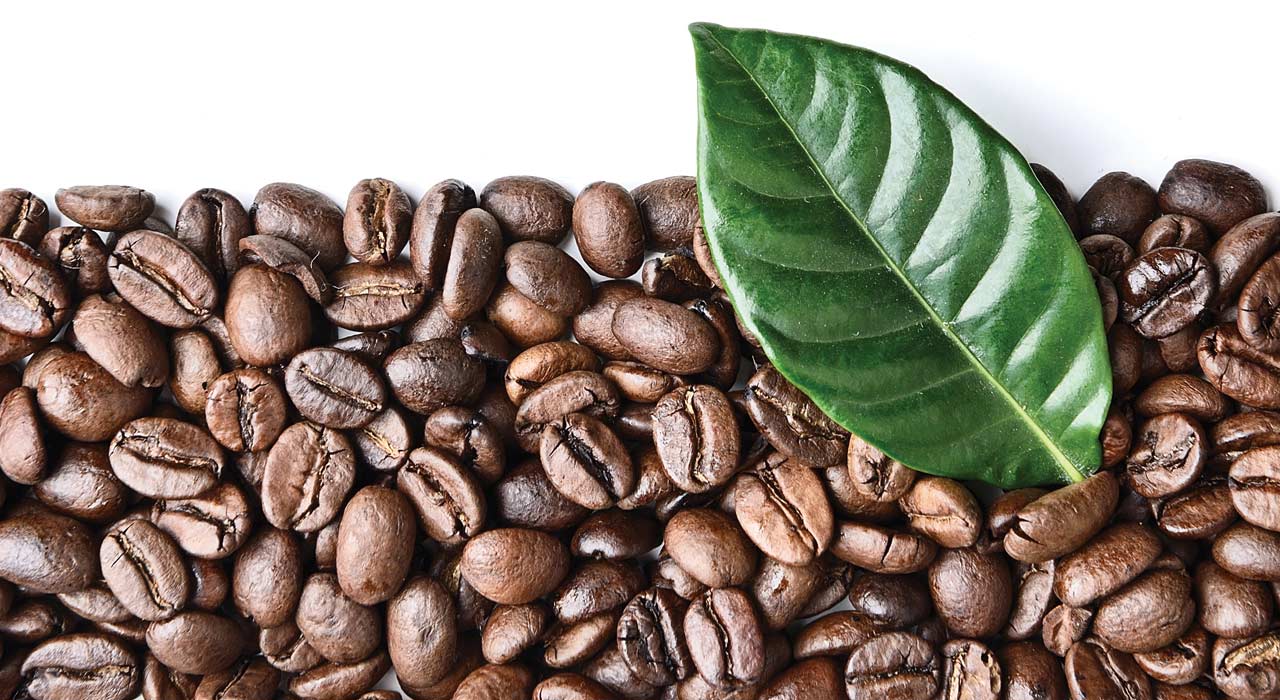Health
Organic Coffee Vs Conventional: why drinking organic coffee matters!
Over 12 billion pounds of coffee are produced annually and it is one of the most widely traded commodities in the world, second only to oil.
Meeting this demand can be challenging so, over time farming methods have been developed to maximize production. But, at what cost?
Conventional coffee is one of the most severely chemically treated foods in the world.
It is steeped in synthetic fertilizers, pesticides, herbicides, fungicides and insecticides. The negative impact this has on the environment is overwhelming. Not only does it impact the environment but the people living in it suffer as well. Farmers are constantly exposed to a high level of chemicals while treating the crops and while handling them during harvest. Chemical residues in the air and water place added health concerns on the surrounding communities. These chemicals can be toxic and detrimental to human health.
Not only do health concerns arise with the planting and harvesting of conventional coffee but the process has a negative impact on our world’s forests and ecosystem.
Most conventional coffee plants are hybrids developed to grow in open sunlight. Coffee naturally prefers the shade, but the plants grown in thick forests are more difficult to tend which means they cannot be planted as densely. Forests are inevitably cleared to make room for open fields so that the high demands can be met. This results in damaging the wild ecosystem, leaving birds and lizards (natural pest deterrents) without a habitat while insects that feed off of the coffee plants overpopulate, requiring the use of more pesticides that can result in further harmful run-off.
When it comes to organic coffee there are no synthetic fertilizers or chemicals used in growing or in the production of its crops. This helps to prevent hazardous run-off into the surrounding communities. What does this mean?
It means cleaner beans, air, land and water. The coffee is only grown with organic fertilizers, like coffee pulp or compost. Organic coffee beans are also richer in antioxidants, and many people can even taste the difference!
Most organic coffee is grown using natural methods such as being grown in the shade with flourishing forests which helps to provide homes for wild plants and animals. This also improves the sustainability of soil fertility and keeps unique ecosystems alive.
Not only will purchasing and consuming organic coffee help contribute to improving the forests and surrounding communities where these crops are produced but it will help improve overall health as well!














